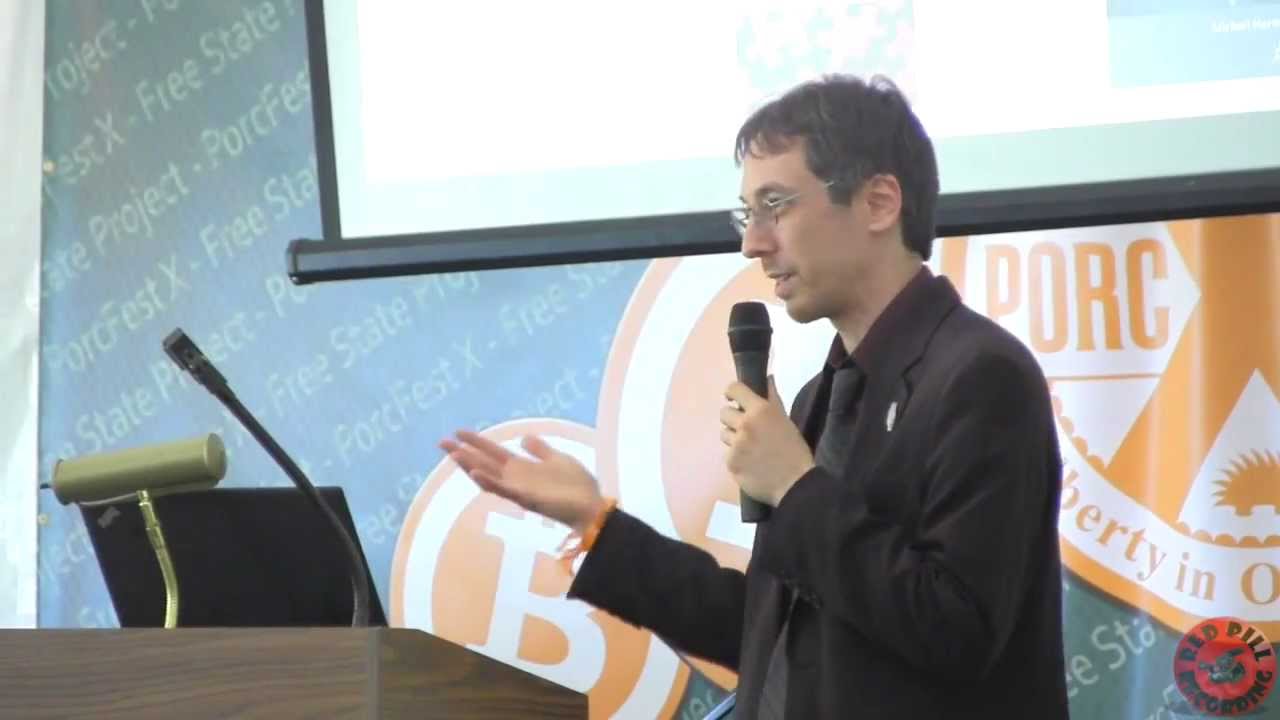Like The Problem of Political Authority, Huemer’s Justice before the Law begins with common-sense moral premises, yet reaches radical libertarian conclusions. A tall order? Indeed, but he delivers. The key passage:
One might be tempted to object that my critique of allegedly unjust laws presupposes a controversial, libertarian political ideology. For I have seemingly assumed that the only legitimate function of law is to protect individual rights, an assumption rejected by other ideologies. Other ideologies may claim, for instance, that law legitimately serves to promote moral virtue, to promote the good of society, or to reduce economic inequality. Therefore, one might think, those who do not subscribe to libertarian ideology need not be troubled by my allegations against the legal system.
This objection is not correct. Libertarianism is controversial, but I have not assumed libertarianism. My premises are non-ideological intuitions shared by nearly all members of our society, whether liberal, conservative, libertarian, or other. For example, I assume that it is wrong to kill the healthy patient in the Organ Harvesting case (section 2.4.1). This is not a libertarian political premise; this is a moral judgment that seems obvious to nearly everyone. I argue that intuitions of this kind support the ascription of rights, including a general right against harmful coercion. I assume also that it is wrong to kill the hermit in the Island Hermit case, and I argue that this shows moral rights to be independent of law (section 2.3). Again, this is not a libertarian ideological assumption.
In discussing particular laws, I deploy intuitions about analogous cases – for instance, the intuition that Sam wrongs Starving Marvin by preventing Marvin from reaching the marketplace (section 3.3). These, too, are non-ideological intuitions widely shared by those of varying political orientations. I have also argued that one ought to accept ethical intuitions as a source of justification for moral beliefs, provided that one accepts morality at all. Of course, my conclusions are congenial to libertarianism. But this cannot be a principled reason to set them aside.
All of which fits neatly with my views on “libertarianism as moral overlearning“:
The fundamental difference between libertarians and non-libertarians is that libertarians have overlearned common-sense morality. Non-libertarians only reliably apply basic morality when society encourages them to do so. Libertarians, in contrast, deeply internalize basic morality. As a result, they apply it automatically in the absence of social pressure – and even when society discourages common decency.
For example, non-libertarians routinely say, “A woman has a right to use her own body as she likes.” But it never even occurs to them that this implies that prostitution should be legal. Why? Because non-libertarians only apply this principle in the exact situations where their society encourages them to do so. They learn the principle without overlearning it. Libertarians, in contrast, can’t help but see the logical connection between a woman’s right to use her own body and the right to have sex for money.
To take a far larger issue, people across the political spectrum would agree that, “Accepting a job offer is not a crime.” (What’s the moral equivalent of “Duh”?) But most non-libertarians see no conflict between this principle and immigration restrictions. Once you overlearn the principle, however, the whole moral landscape transforms. You suddenly see that our immigration status quo is morally comparable to the reviled Jim Crow laws. The fact that other people frown on the comparison doesn’t change the moral facts.
The main reason why Huemer has not changed my mind about veganism, by the way, is that he fails to rest his case on comparably “non-ideological intuitions shared by nearly all members of our society.” The wrongness of making animals suffer for minor gain is not obvious to most people. In fact, even most self-styled vegans routinely make animals suffer for minor gain. They could eat 5% fewer calories, drive 5% less, or live in a 5% smaller house – all of which would probably save the lives of rodents and birds, as well as vast numbers of insects. And almost none of them condemn themselves for failing to do so, because that seems almost as absurd to them as it does to me.




